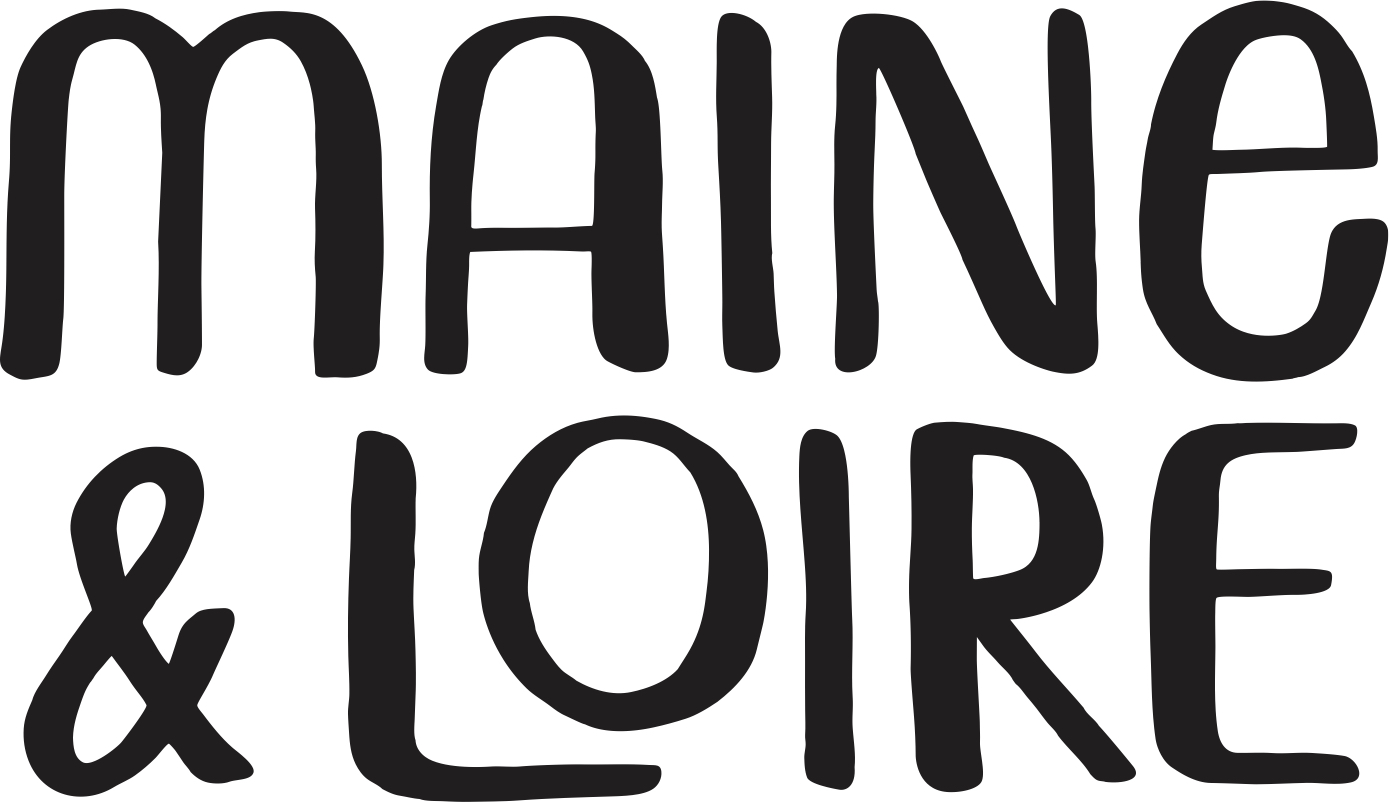Domaine du Fortmanel, Julien Frémont Poiré Brut Nature Cider
Location: France, Normandy
Winemaker: Julien Frémont
Fruit: Pears
Soil: Red clay, flint
Winemaking: The pears are hand-harvested and then placed in the attic to dry out for a few weeks to concentrate the flavor. Following the drying out process they are pressed using the ancient press that has been in the family for generations. The juice is then left to ferment naturally before being aged in very old barrels. Unfined and unfiltered so there is pear lees on the bottom.
From the Importer Louis/Dressner: Julien Frémont works in a breathtakingly beautiful farm in the Pays d’Auge. This is Camembert and Livarot country, and of course cider and Calvados, a place where cows and apple trees have defined the landscape for more time than can be remembered. It is green, lush, softly hilly, the soil rich clay with silex, and the climate humid and mild.
Frémont says that he would gladly do without his cows, about 80 when you count the youngsters born each year, and just deal with apple trees and the ciderhe makes from them. But he knows that cows and trees take care of each another, that his trees would not grow and age the way they do, or his apples taste the same, without the cows.
The farm has 45 hectares of grazing fields, 15 of which are planted with apple trees. The cows mow the grass, prunethe trees in summer and eat the fallen apples until it’s time for harvest from late September until November. The apples are picked by hand in large baskets, then put into 50kg bags. The trees are a mix of old local varieties of acidic, late ripening apples.
Location: France, Normandy
Winemaker: Julien Frémont
Fruit: Pears
Soil: Red clay, flint
Winemaking: The pears are hand-harvested and then placed in the attic to dry out for a few weeks to concentrate the flavor. Following the drying out process they are pressed using the ancient press that has been in the family for generations. The juice is then left to ferment naturally before being aged in very old barrels. Unfined and unfiltered so there is pear lees on the bottom.
From the Importer Louis/Dressner: Julien Frémont works in a breathtakingly beautiful farm in the Pays d’Auge. This is Camembert and Livarot country, and of course cider and Calvados, a place where cows and apple trees have defined the landscape for more time than can be remembered. It is green, lush, softly hilly, the soil rich clay with silex, and the climate humid and mild.
Frémont says that he would gladly do without his cows, about 80 when you count the youngsters born each year, and just deal with apple trees and the ciderhe makes from them. But he knows that cows and trees take care of each another, that his trees would not grow and age the way they do, or his apples taste the same, without the cows.
The farm has 45 hectares of grazing fields, 15 of which are planted with apple trees. The cows mow the grass, prunethe trees in summer and eat the fallen apples until it’s time for harvest from late September until November. The apples are picked by hand in large baskets, then put into 50kg bags. The trees are a mix of old local varieties of acidic, late ripening apples.
Location: France, Normandy
Winemaker: Julien Frémont
Fruit: Pears
Soil: Red clay, flint
Winemaking: The pears are hand-harvested and then placed in the attic to dry out for a few weeks to concentrate the flavor. Following the drying out process they are pressed using the ancient press that has been in the family for generations. The juice is then left to ferment naturally before being aged in very old barrels. Unfined and unfiltered so there is pear lees on the bottom.
From the Importer Louis/Dressner: Julien Frémont works in a breathtakingly beautiful farm in the Pays d’Auge. This is Camembert and Livarot country, and of course cider and Calvados, a place where cows and apple trees have defined the landscape for more time than can be remembered. It is green, lush, softly hilly, the soil rich clay with silex, and the climate humid and mild.
Frémont says that he would gladly do without his cows, about 80 when you count the youngsters born each year, and just deal with apple trees and the ciderhe makes from them. But he knows that cows and trees take care of each another, that his trees would not grow and age the way they do, or his apples taste the same, without the cows.
The farm has 45 hectares of grazing fields, 15 of which are planted with apple trees. The cows mow the grass, prunethe trees in summer and eat the fallen apples until it’s time for harvest from late September until November. The apples are picked by hand in large baskets, then put into 50kg bags. The trees are a mix of old local varieties of acidic, late ripening apples.

